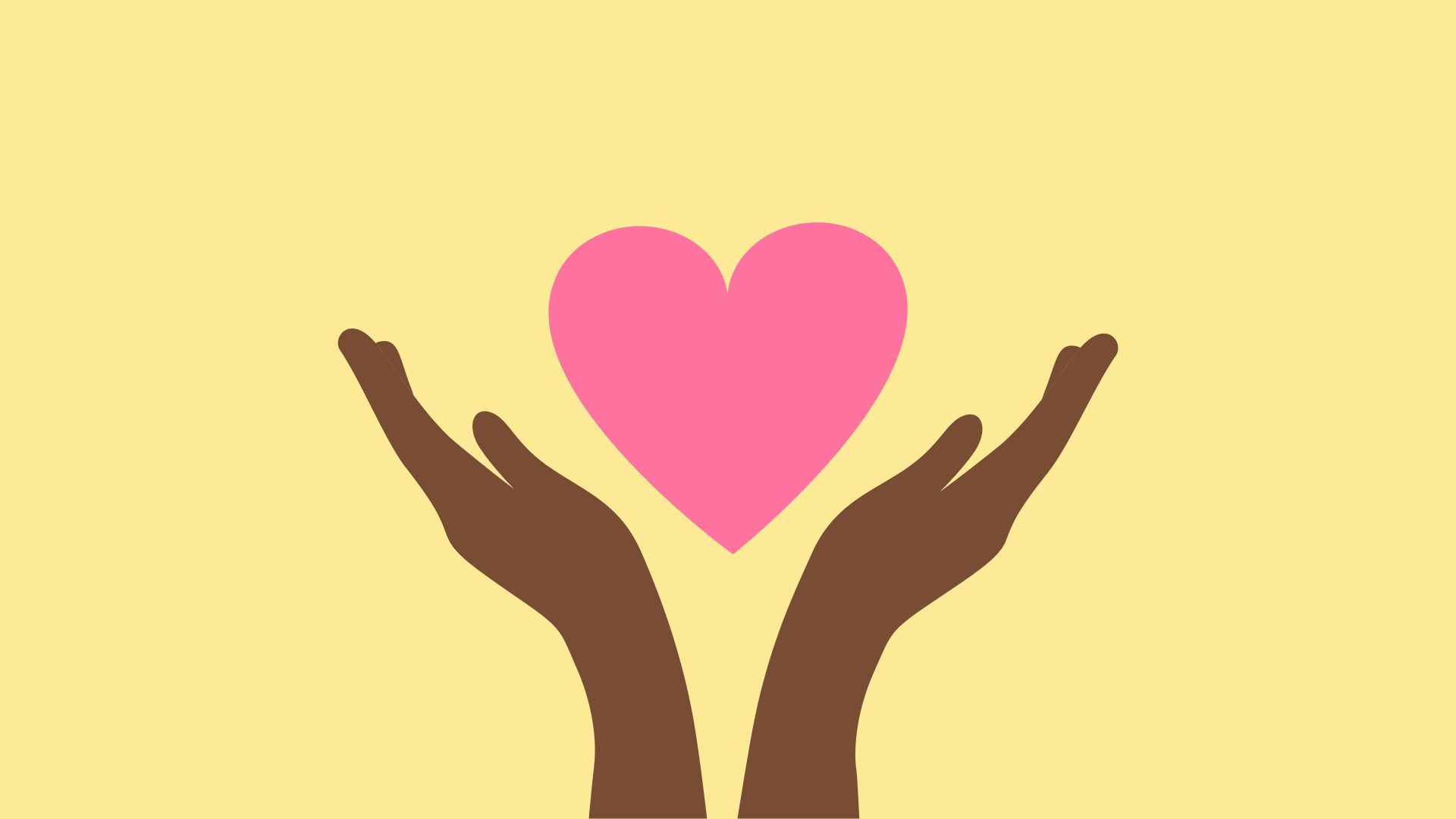How can acts of kindness benefit both people and business?
In a survey completed by Random Act of Kindness, it was reported that half of participants reported feeling ‘stronger and more energetic after helping others; many also reported feeling calmer and less depressed, withincreased feelings of self-worth’.
Martin Seligman in his work ‘Authentic Happiness’ recognised the importance of kindness to others as a key resilience tool. His research found that just one random act of kindness each day could be proven to make a significant difference to our ability to deal with stress and challenges at work. And yet, all too often we do the opposite. We strive to keep our heads down, to not engage with others, to do things alone and we don’t go out of our way to support others during tough moments.
Some people work on the premise of ‘you’ve got to be cruel to be kind’, but how does this play out at work? Does it mean losing your temper with someone to convey the message that something needs to change? Not promoting someone because they’re not delivering results; without giving them constructive feedback or support? Potentially damaging relationships in order to get the output and results that you need?
Daniel Goleman talks about the importance of investing in a positive emotional bank balance in our working relationships as a means of creating a healthy and productive workplace. Goleman talks about paying into or investing in emotional bank accounts in order to make people feel valued, appreciated and understood.
As the amount in these emotional bank accounts grows, you can see many benefits from this. Workers output will begin to increase as they feel valued in what they do. If you need extra from your colleagues you’re more likely to receive it as they know they and their work are appreciated. New ideas and concepts will be put forward as workers know they are understood and their suggestions are appreciated. All of this contributes towards a more positive work environment and a more successful organisation.
Everyone can be kind
If you’ve ever heard the phrase ‘manners cost nothing’, then you’ll know that kindness also costs nothing, but it can be more difficult for some to recognise when kindness is required than for others.
In the world of personality preference, of course there are those who more naturally notice what is happening with those around them and who focus more on people rather than tasks. There are also those who may find that approach slightly irrational and possibly patronising, preferring to focus solely on the tasks they have to complete.
So, is it possible for those less inclined to notice and be interested in the people around them to become more predisposed to kindness? Yes, absolutely. Dr Ritchie Davidson from the University of Wisconsin says that learning to be caring and kind is “kind of like weight training, we found that people can actually build up their compassion ‘muscle’ and respond to others…with care and a desire to help” .
By actively practicing kindness to others we and those around us begin to experience positive benefits from it. “Witnessing acts of kindness produces oxytocin, which aids in lowering blood pressure and improving our overall heart-health. Oxytocin also increases our self-esteem and optimism” .
Being kind to ourselves
Finally, and crucially, the person we need to be most kind to is ourselves. We need to invest in ourselves first.
Evidence shows that small changes every day can make the largest cumulative difference. Whether that means making time to get back to the yoga classes we used to love but got too busy for, spending more time with those we love or consciously stepping away from technology when it’s having a negative impact – these are the things that must be prioritised.
By being kind to ourselves first, we’re more likely to be able to pass that kindness on to those around us. And wouldn’t the world be a much better place with a little more kindness in it?
How can you re-capture the art of kindness today to enrich your life and the lives of those around you?



